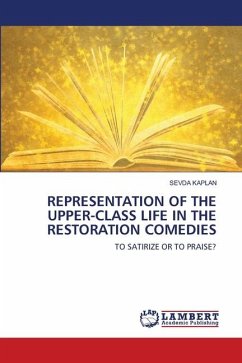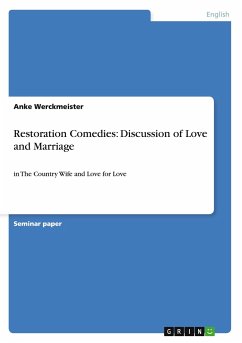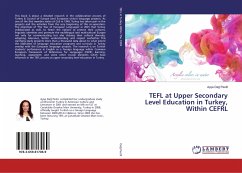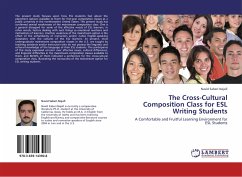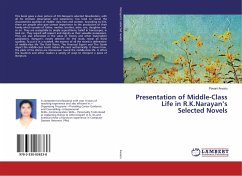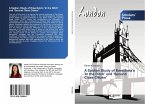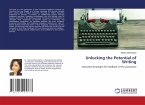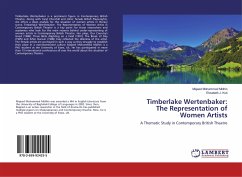This book analyzes Restoration period between the years 1660 and 1702 by trying to find out whether upper-class society is satirized or praised in Restoration comedies. The dark age between the years 1642 and 1660 having a great influence on theatres, is first handled from the aspects of political, social issues and theatres. Then, Restoration theatre is introduced, in which the conditions of theaters, audience, and court are reflected under the light of historical and social events casting their shadow on theatres. Also, their reflections on Restoration drama are illustrated along with some types of examples from playwrights and plays of the period. Restoration comedy is analyzed by focusing on some characteristics such as characterization and themes under the term of Comedy of Manners constituting an important place in the genre of comedy. Three important plays reflecting their period are analyzed from the points of upper-class society and their representation in the plays. Restoration comedies aim to criticize, satirize and thus correct the life style of the upper class, not just a mere representation of the immoral and disapproved life style of them in a positive manner.
Bitte wählen Sie Ihr Anliegen aus.
Rechnungen
Retourenschein anfordern
Bestellstatus
Storno

